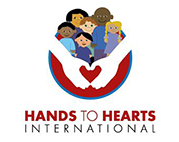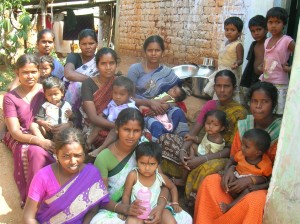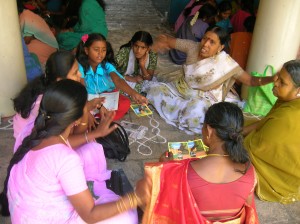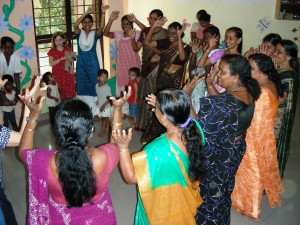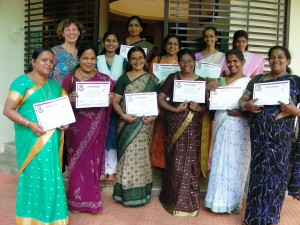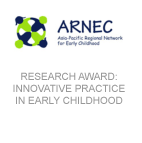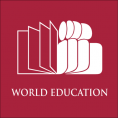Moorthynayakanpatti is an isolated village situated 85 kilometers away from the nearest city in the Theni District in South India. This area is so remote that it only has a few buses that come anywhere near it, which is significant, as this is not an area where people own their own cars. So, when travel is required, it begins with a 1k. walk to the main road, where the bus will pass… at some point in time.
So it has been no small feat for Sujatha, HHI’s Master Trainer, to reach this village to train 32 mothers how to nurture and best care for their babies. Over the last year Sujatha’s work with HHI has become well known throughout this far-flung region, where news travels via word of mouth from one person to the next. This was how a small local NGO, called “NEWS” came to learn of HHI and then tracked down Sujatha, inviting her to come to their village to support their women and children.
The mothers had never heard how critical the early years are for a lifetime of health, relationships and learning. When they learn that 80% of brain development happens by age 5, and that they can influence this with their everyday actions they become very excited. The women quickly embrace the concepts and begin to make eye contact more often, hold their babies more gently, sing to them more, give them massage, and feed them a broader array of nutrients.
The women enjoy Sujatha and the lessons of HHI are simple and make sense to them. They are now building stronger bonds with their babies and children and building their health with love and nurturing. Another success story from the front lines of HHI, and one that is surely being talked about from mother to mother, friend to friend, from village to village… and the goodness grows on in South India!
